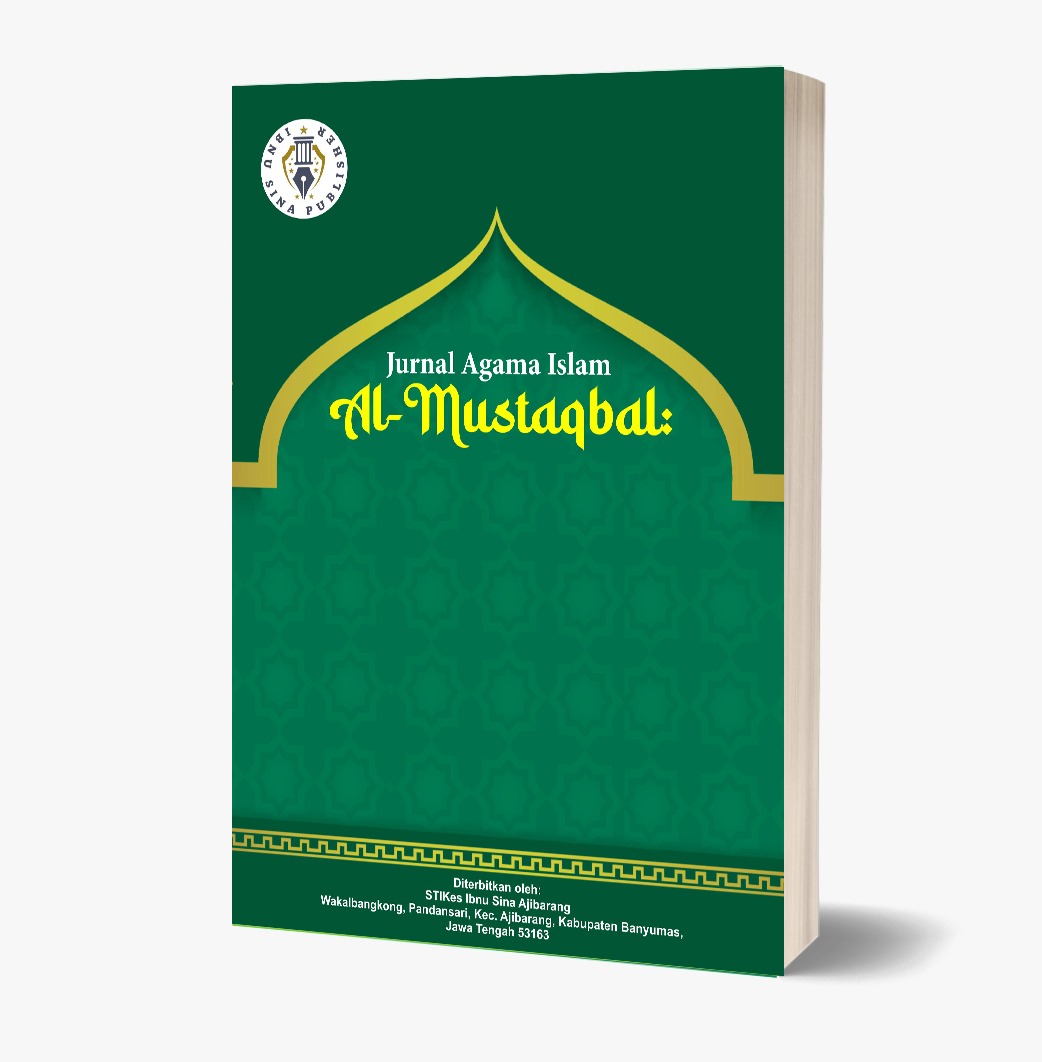Ilmu Kalam dalam Bingkai Filsafat Ilmu
DOI:
https://doi.org/10.59841/al-mustaqbal.v2i1.58Keywords:
Islamic, Theology, Philosophy, Science, EpistemologyAbstract
The epistemology of Islamic theology (kalam) explores the nature, sources, methods, and validity of knowledge within an Islamic framework, balancing reason and revelation. In kalam thought, rationalism with deductive-metaphysical logic dominates, though revelation remains the primary foundation. The debate between the Mu'tazilite school, emphasizing reason, and the Ash'arite school, prioritizing revelation, highlights its epistemological dynamics. However, reliance on bayani reasoning, centered on textual authority, often restricts critique and renewal. Additionally, Islamic theology struggles with limited engagement with empirical reality due to insufficient application of the correspondence theory, which evaluates truth based on factual evidence. The deductive approach of the coherence theory often falls short in addressing contemporary issues, prompting some thinkers to adopt intuitive, Sufistic methods. Criticism of this stagnation has spurred calls for reformulating Islamic theology to address globalization and modernity. To remain relevant, Islamic theology must develop a more contextual and holistic methodology, integrating deductive, inductive, and empirical approaches. By fostering critical analysis and practical solutions, it can continue to serve as a vital tool for developing adaptive and relevant Islamic thought in every era.
References
Abdullah, M. A. (1997). Falsafah kalam di era posmodernisme. Pustaka Pelajar.
Audi, R. (1999). The Cambridge dictionary of philosophy (2nd ed.). Cambridge University Press.
Hanafi, H. (2003). Dari akidah ke revolusi (Min al-‘Aqidah ila al-Tsawrah) (A. U. Ismail, Trans.). Paramadina.
Ibn Khaldun. (1981). Muqaddimah (Vol. I). Dar al-Fikr.
Kartanegara, M. (2005). Menembus batas waktu: Panorama filsafat Islam. Mizan.
Muthahhari, M. (2010). Pengantar epistemologi Islam. Shadra Press.
Nasution, H. (1986). Akal dan wahyu dalam Islam. UI-Press.
Neufeldt, V. (1996). Webster's new world college dictionary (3rd ed.). Macmillan.
Pranarka, A. M. W. (1987). Epistemologi dasar: Suatu pengantar. CSIS.
Soleh, A. K. (2004). Wacana baru filsafat Islam. Pustaka Pelajar.
Supena, I. (2008). Desain ilmu-ilmu keislaman. Walisongo Press.
Suriasumantri, J. S. (2001). Filsafat ilmu: Sebuah pengantar populer. Pustaka Sinar Harapan.
Tafsir, A. (1994). Filsafat umum: Akal dan hati sejak Thales sampai James. PT Remaja Rosdakarya.
Wardani. (2003). Epistemologi kalam abad pertengahan. LkiS.

















